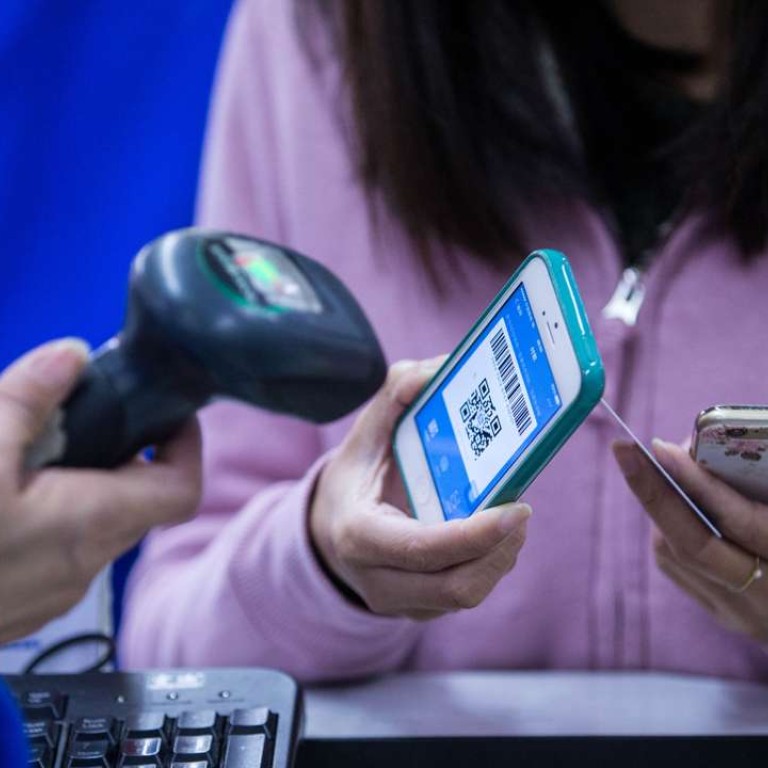
FOMO Pay set to help Southeast Asian retailers tap Chinese tourist mobile payments
The financial technology start-up aims to get merchants ready to accept payments by mobile wallets like WeChat Pay, Baidu Wallet and UnionPay
A Singapore-based financial technology start-up aims to get merchants across Southeast Asia set up to accept mobile payments from Chinese tourists and ensure they capture a share of the heavy overseas spending of holidaymakers from the mainland.
Yang Zhan, co-founder of FOMO Pay, said its service streamlines the steps needed for retailers or service providers to accept online and offline payments using the mobile wallets favoured by Chinese consumers, such as Tencent’s WeChat Pay, Baidu Wallet and UnionPay.
The payment processor, which this week graduated from the DBS Accelerator in Hong Kong, currently offers its services to brick and mortar stores in Singapore but plans to expand into Indonesia and Thailand.
“A lot of Chinese tourists want to use this convenient way, there’s no need to bring cards or cash anymore as they can just spend with their mobile phone. The problem is the overseas merchants are not ready for this new mobile payment mode,” Yang said.
Chinese tourists spent US$215 billion overseas in 2015, more than American travellers, according to the World Travel and Tourism Council. Brokerage CLSA predicts that 200 million Chinese holidaymakers will head abroad every year by 2020, up from 120 million in 2015.
There’s no need [for Chinese tourists] to bring cards or cash anymore as they can just spend with their mobile phone
Mobile payment is growing rapidly in China, with 9.4 trillion yuan spent in the second quarter of this year, up 52 per cent on the same period last year, according to iResearch. Chinese government statistics show the number of online payment users reached 455 million in the first half of the year.
Launched in May, FOMO Pay has now signed up more than 100 merchants to accept payment options through mobile wallets. The start-up recorded US$1.3 million in transaction volume in October.
Yang said FOMO Pay takes three to five days to complete the necessary background checks, such as anti-money laundering. That’s still faster than signing up directly with Chinese mobile payment services or PayPal, he said.
FOMO Pay charge merchants a 3.3 per cent transaction fee and offers hardware to stores that do not use tablets as point-of-sales terminals.
Alibaba spinoff Ant Financial is targeting Chinese shoppers overseas by forging partnerships with payment processing companies in Europe and the United States to allow stores to accept Alipay.
Alibaba Group owns the South China Morning Post.
FOMO Pay is already used by online retailers in Australia, the UK, the United States and Canada, Yang said.
He pointed to one Singaporean durian seller which sold 400 of the pungent fruits to Chinese foodies within a week of setting up its first website and using FOMO Pay to accept payments from customers in China.
Singapore’s largest Chinese-language newspaper Lianhe Zaobao is also now using FOMO Pay to sell subscriptions to readers in mainland China.

